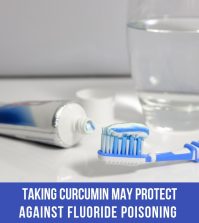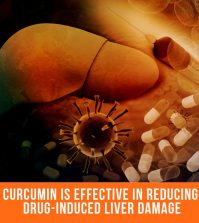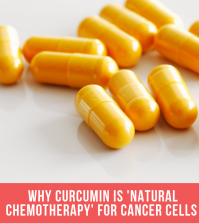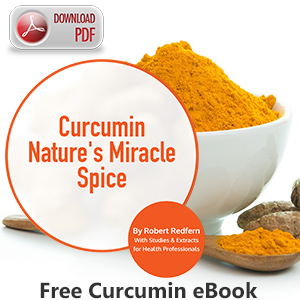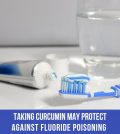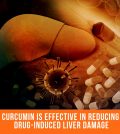Curcumin and Cancer
Curcumin can tell the difference between a cancer cell and a healthy cell; Curcumin can create immune cells where they’re needed; and Curcumin can cut off cancer’s very life force. With over 200 kinds of cancer lurking out there this is good news!
Curcumin and Cancer Rates
The most recent statistics (2009) from the Center for Disease Control (CDC) tell us cancer kills over half a million people a year in the United States alone, only slightly behind heart disease as the number one killer. The Office for National Statistics tells us England and Wale’s second leading cause of death is also from cancer with 141,446 deaths in 2010.
According to the organization Cancer Council Australia, at least one in three cancer cases are avoidable and could be prevented by simply choosing a healthy lifestyle. What about the other two out of three cases or when lifestyle isn’t effective? Curcumin and cancer is an effective approach to beating the odds.
Curcumin fights cancer in a multitude of ways.
Three approaches involve:
- Activating apoptosis
- Enhancing immunity
- Stopping angiogenesis
Curcumin, Cancer and Apoptosis
Studies using cancer cells grown in vitro have exhibited Curcumin’s ability to stimulate apoptosis, or programmed cell death, among certain kinds of cancer cells including leukemia and B lymphoma cells. Apoptosis creates apoptotic bodies, otherwise known as cell fragments, which white blood cells are able to take over very rapidly and eliminate before any of the cell’s content can spill out and contaminate the surrounding cells.
Curcumin, Cancer and Immunity
When a few cancer cells are able to avoid apoptosis, Curcumin reacts to these cells by increasing and localizing the body’s immune system response. When researchers examined the lining of the intestine after taking Curcumin, certain types of immune cells were found in increased numbers. Curcumin also stimulates immunity in general. A study conducted by researchers in India found mice given Curcumin had higher levels of antibodies and increased immune action.
Curcumin, Cancer and Angiogenesis
Even when cancer progresses and becomes detectable, possibly in the form of a tumor, Curcumin can still be effective. Certain enzymes in the body allow tumors to create their own blood supply. This process is known as “angiogenesis,” and gives tumors the ability to invade and spread through surrounding tissue. Curcumin slows down the actions of these tumors, cutting them off from their blood supply, leading to their starvation and ultimately their death.
Curcumin’s role in activating apoptosis, enhancing immunity, and stopping angiogenesis are powerful and proven. With Curcumin, the incidence of cancer finally has a chance to be dramatically reduced with fewer side effects and lingering consequences.
References
Rogers, Simon. The Guardian, “Mortality Statistics.” Accessed March 15, 2012. http://www.guardian.co.uk/news/datablog/2011/oct/28/mortality-statistics-causes-death-england-wales-2010.
Cancer Council Australia, “Cancer Smart Lifestyle.” Last modified Aug. 5th, 2011. Accessed March 15, 2012. http://www.cancer.org.au/cancersmartlifestyle.htm
Chan WH, Wu CC, Yu JS. Curcumin inhibits UV-induced oxidative stress and apoptotic biochemical changes in human epidermoid carcinoma A431 cells. J Cell Biochem. Oct 2003;90(2):327-38.
Churchill M, et al. 2000. Inhibition of intestinal tumors by curcumin is associated with changes in the intestinal immune cell profile. J Surg Res 89:169-75
Mohan R, et al. 2000. Curcuminoids inhibit the angiogenic response stimulated by fibroblast growth factor-2, including expression of matrix metalloproteinase gelatinase B. J Biol Chem 275(14):10405-12.



